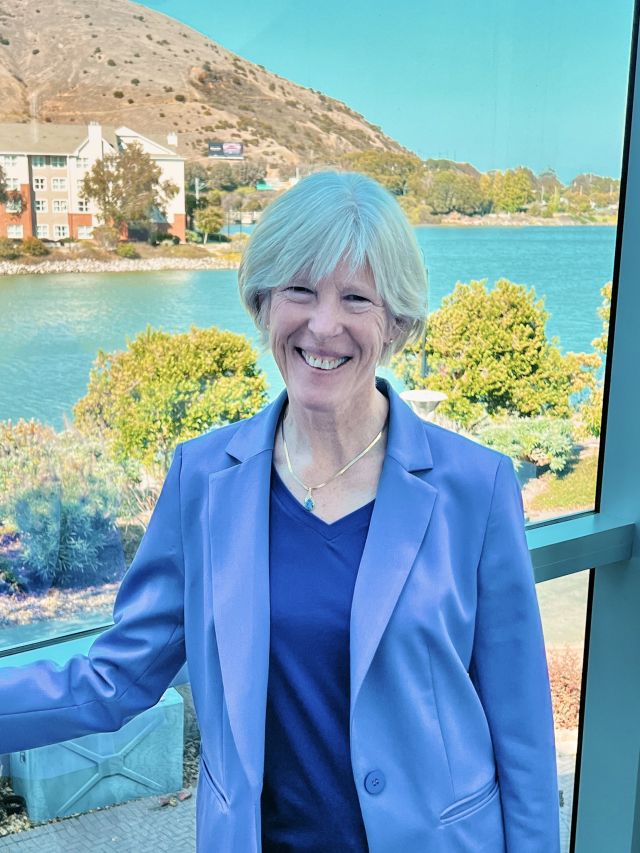Aging in America Lecture Series: Aging Genes and Longevity

Controlling the Rate of Aging
This talk will begin with the discovery in the roundworm C. elegans that the aging process is not random in nature, but instead, surprisingly, subject to active regulation by the genes. It will then transition to address the fascinating question of how the germ lineage (from parent to child to grandchild...) can be immortal, and finally, how age-dependent changes in mRNA abundance implies the existence of cell-specific attempts to counter the aging process as it unfolds, even in an animal with a very short lifespan.
Biography
Cynthia Kenyon’s 1993 discovery that a single-gene mutation could double the lifespan of healthy, fertile C. elegans roundworms sparked an intensive study of the molecular biology of aging. Her studies showed that the aging process is not random and haphazard, as previously thought, but instead is subject to active genetic regulation. Her work led to the realization that a universal endocrine network influences the rate of aging in many organisms, possibly including humans. Dr. Kenyon graduated valedictorian in chemistry and biochemistry from the University of Georgia in 1976. She received her PhD with Graham Walker at MIT, where she was the first to look for genes based on their expression patterns, discovering a transcriptional circuit for the bacterial DNA damage response. She joined Sydney Brenner’s lab as a postdoc to study C. elegans developmental pattern formation, ultimately discovering and delineating, as a faculty member at UCSF, highly conserved axial patterning mechanisms that were much more ancient than previously thought. At UCSF, she was the Herbert Boyer Distinguished Professor. Dr. Kenyon is a member of the National Academy of Sciences, the American Academy of Arts and Sciences and the National Academy of Medicine. She is an American Cancer Society Professor. She was president Genetics Society of America in 2003 and has received many scientific awards. In 2014, Cynthia become Vice President of Aging Research at Calico Life Sciences, Google’s new basic-research and drug-development company (Art Levinson, CEO) whose mission is to gain a deep, actionable understanding of aging, ultimately allowing us to maintain healthy youthfulness and high quality of life as we age.